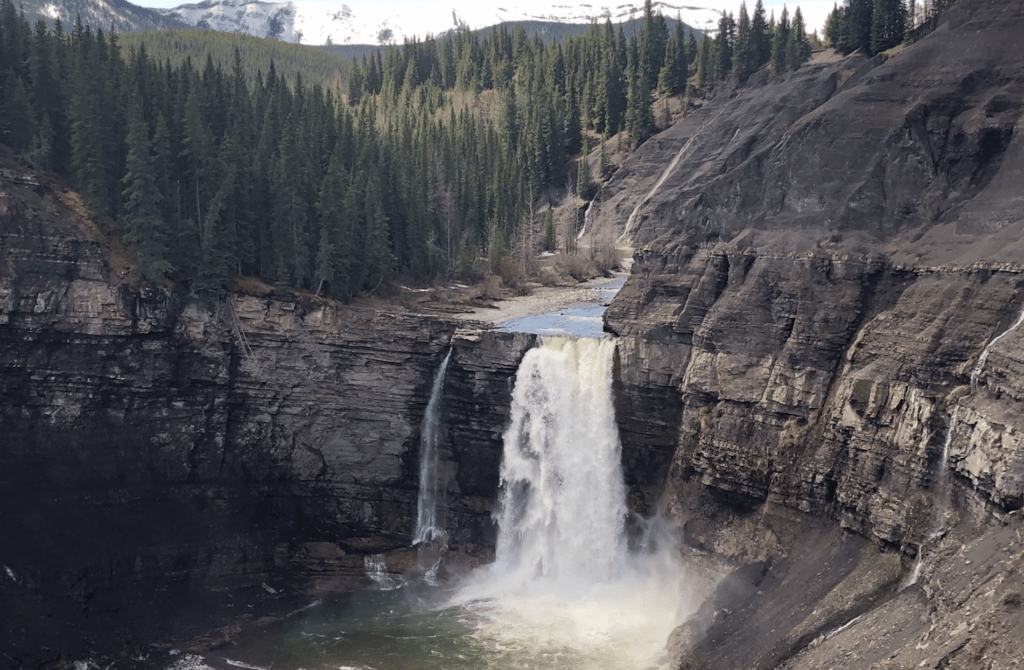Planning and preparing for your first overnight hike is an exciting moment for any outdoors enthusiast. Spending a night under the stars is the first step to truly gaining confidence in the outdoors and earning your stripes as a true adventurer. While it might seem as simple as packing a tent and sleeping bag, the truth is there’s a lot more to consider to ensure you have a safe and enjoyable trip on your first overnight hike.
From choosing the right outdoor clothing to selecting an appropriate route, carrying the correct gear, and ensuring that you have enough supplies to see you through the night, there is a lot that goes into planning a night on the trails. It’s important to remember that you will need to carry everything you need in your pack and if you forget something, you will have to do without it. However, keep in mind that every camping trip is a learning experience, so don’t worry if everything doesn’t go according to plan, as every mistake you make in the early days will benefit you moving forward.
Let’s take a look at a few tips to help you plan for your first overnight hiking trip.
Pack Light
From your clothing to your tent to your stove, you will need to carry everything that you need on your back so be sure to focus on being minimal to keep your pack as light as possible. The golden rule is, if you are bringing something because you might want it, then don’t bring it. Pack the essentials first, put your bag on your back and see how it feels before you start adding luxuries.
Consider Your Clothing
When you’re on an overnight hiking trip, you don’t need multiple sets of clothes. In fact, many experienced outdoors people will tell you that you need just two sets of clothes; active trekking clothes and clean, warm camp clothes. All of your gear should be fast drying and as light as possible. Avoid bringing large, bulky clothing that will take up a lot of space in your bag and instead focus on bringing multiple layers that you can wear. Windproof and waterproof layers are essential, and remember that although it might be warm during the day, once the sun goes down, it will get cold fast.
Sleeping Gear
Buying the right tent is crucial. There are countless different trekking tents that you can choose from that run the gauntlet when it comes to pricing. Ideally, your tent should weigh no more than two kilograms, and it should pack up small. Look for a double layer tent that you can put up quickly and that will preferably have a detachable outer layer. You will also need to choose a sleeping bag that is appropriate for the temperature you will be camping in. A sleeping mat will add some extra comfort while also providing an extra layer of insulation between you and the cold ground you will be sleeping on. Finally, a small inflatable pillow will help you to get the rest you need.
Cooking Equipment
There are plenty of inexpensive and highly portable options for you to choose from, depending on your needs. You can avoid having to bring any cooking equipment if you are happy to survive on dried food, pre-made sandwiches and other food that you can just eat on the go. However, packing a small burner can be useful to make a hot drink when you arrive at camp and again in the morning to help you to stay warm when the temperatures drop.
Make Your First Overnight Hike One To Remember, For All The Right Reasons
The key to making your first overnight hike as enjoyable as possible is planning and preparing in advance. Every night you spend out on the trails will be a learning experience, so don’t worry if things don’t go according to plan on your first outing. Follow the tips outlined above and give yourself every chance to have a positive first outing that will hopefully be the first of many.
